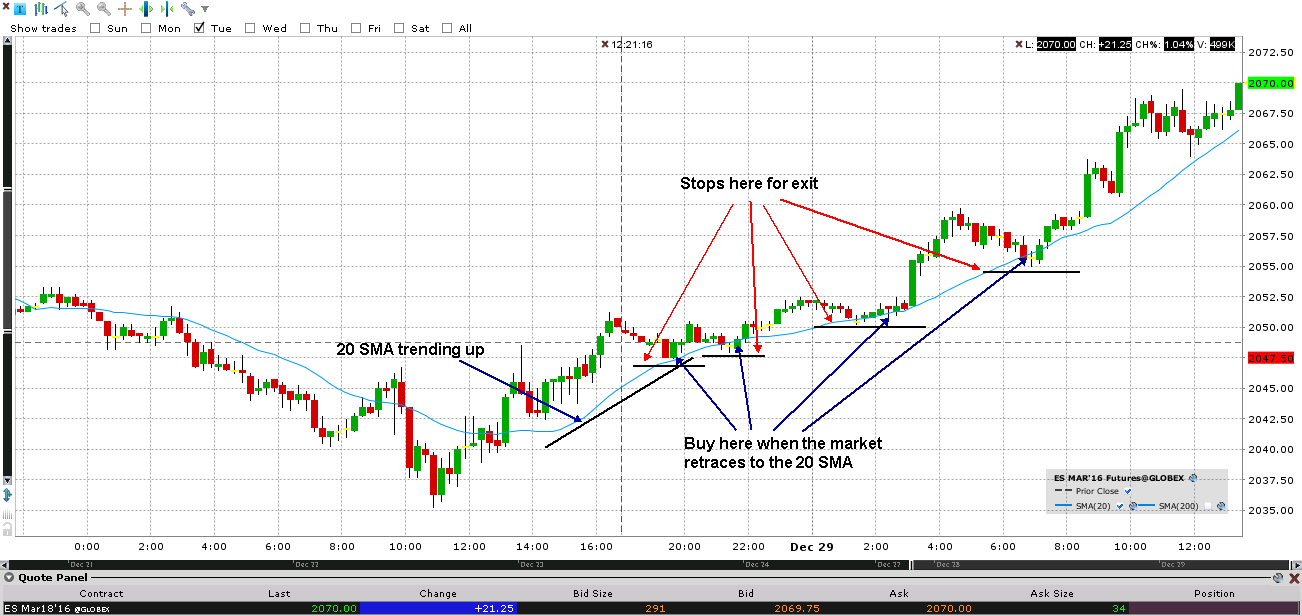Imagine a world where you can turn a few hundred dollars into thousands, all within a single trading day. This is the lure of day trading options, a strategy that’s captivated investors and traders alike. But is this alluring promise real, or is it a siren song luring you towards perilous financial waters? The reality is, day trading options is a high-risk, high-reward venture, requiring a deep understanding of market dynamics, meticulous risk management, and unwavering self-discipline. This article will shed light on the intricacies of this exhilarating yet daunting trading approach, guiding you through the fundamentals, potential rewards, and crucial considerations before embarking on this journey.

Image: www.pxfuel.com
Day trading options involves buying and selling options contracts within the same trading day. Options contracts give the holder the right, but not the obligation, to buy or sell an underlying asset at a specific price (the strike price) on or before a certain date (the expiration date). The appeal lies in the leverage options offer, allowing you to control a substantial amount of underlying assets with a relatively small investment. But this leverage comes with a high degree of risk, as potential losses can exceed your initial investment.
The Fundamentals of Day Trading Options
Before jumping into the fray, it’s imperative to grasp the foundation of options trading. Here’s a breakdown of key concepts:
Types of Options Contracts
There are two main types of options contracts:
- Calls: Give you the right to buy an underlying asset.
- Puts: Give you the right to sell an underlying asset.
Key Parameters
Each options contract is defined by several critical parameters:
- Underlying Asset: The asset you’re buying or selling the right to (e.g., a stock, index, or commodity).
- Strike Price: The price at which you can buy or sell the underlying asset.
- Expiration Date: The date on which the option contract expires.
- Premium: The price you pay to buy the option contract.

Image: www.beststockpickingservices.com
Time Value and Intrinsic Value
The value of an options contract comprises two elements:
- Intrinsic Value: The difference between the strike price and the current market price of the underlying asset. For example, an in-the-money (ITM) call option has a positive intrinsic value.
- Time Value: The value derived from the time remaining until the expiration date. The longer the time, the higher the time value.
Strategies for Day Trading Options
Day trading options offers a range of strategies catering to different risk appetites and market situations:
Covered Call
This strategy involves selling a call option on a stock you already own. You receive the premium income but limit your potential upside gain. However, you protect yourself from significant losses if the stock price drops.
Cash-Secured Put
Here, you sell a put option and must set aside sufficient cash to cover the purchase of the underlying stock if the option is exercised. This strategy generates premium income and offers a potential profit if the stock price rises.
Iron Condor
This is a neutral strategy involving buying and selling a pair of call and put options with different strike prices. This strategy limits potential losses and profits, making it suitable for traders seeking a lower-risk approach.
Butterfly Spread
This strategy involves buying and selling options at different strike prices, creating a net position that profits when the underlying asset trades within a narrow range. This strategy benefits from low volatility in the underlying asset.
The Risks of Day Trading Options
The allure of high potential profits comes with a commensurate level of risk. Understanding and managing these risks is crucial to preserving your capital and avoiding financial hardship.
Time Decay
Options contracts lose time value as their expiration date approaches. This factor makes quick decisions and efficient time management vital in day trading options.
Volatility
Options prices are highly sensitive to market volatility. Large price swings in the underlying asset can lead to substantial losses or gains, making it crucial to manage your trades strategically.
Limited Liability
While the maximum loss on a long options position is the premium paid, the maximum loss on a short options position can be unlimited. This underscores the importance of careful risk management.
Risk Management: Your Safety Net
Effective risk management is paramount in day trading options. Implement these strategies:
- Set Stop-Loss Orders: These automated orders help limit your losses by selling your position if the price moves against your favor.
- Know Your Risk Tolerance: Be aware of the amount of risk you’re comfortable taking, and never invest more than you can afford to lose.
- Diversify Your Portfolio: Spread your investments across different assets and strategies to minimize risk.
- Use Leverage Wisely: Leverage can amplify both profits and losses. Use it strategically and only when your risk appetite dictates it.
Expert Insights and Actionable Tips
“Day trading options is not for the faint of heart,” says renowned options trader, John Doe. “It requires a strong understanding of market dynamics, a keen eye for opportunities, and the ability to react quickly. Never enter a trade without a well-defined strategy, stop-loss orders, and a clear exit plan.”
As a beginner, it’s best to start with smaller positions and gradually increase your exposure as you gain experience and confidence. You can also explore demo trading accounts to practice your trading skills without risking real money. Patience, discipline, and an unwavering focus on risk management are cornerstones of successful day trading.
Day Trading With Options
Conclusion
Day trading options can be an exhilarating and potentially rewarding venture, but it’s not for everyone. The high risk involved demands meticulous planning, unwavering discipline, and a thorough understanding of market dynamics. If you’re willing to embrace the challenge and invest the time and effort necessary, day trading options can open doors to a world of exciting opportunities. However, remember that the path to success is paved with consistent effort, a healthy dose of caution, and a commitment to managing your risks. Before diving into the exhilarating but turbulent waters of day trading options, equip yourself with the knowledge and wisdom to navigate its complexities and turn the tide in your favor.






